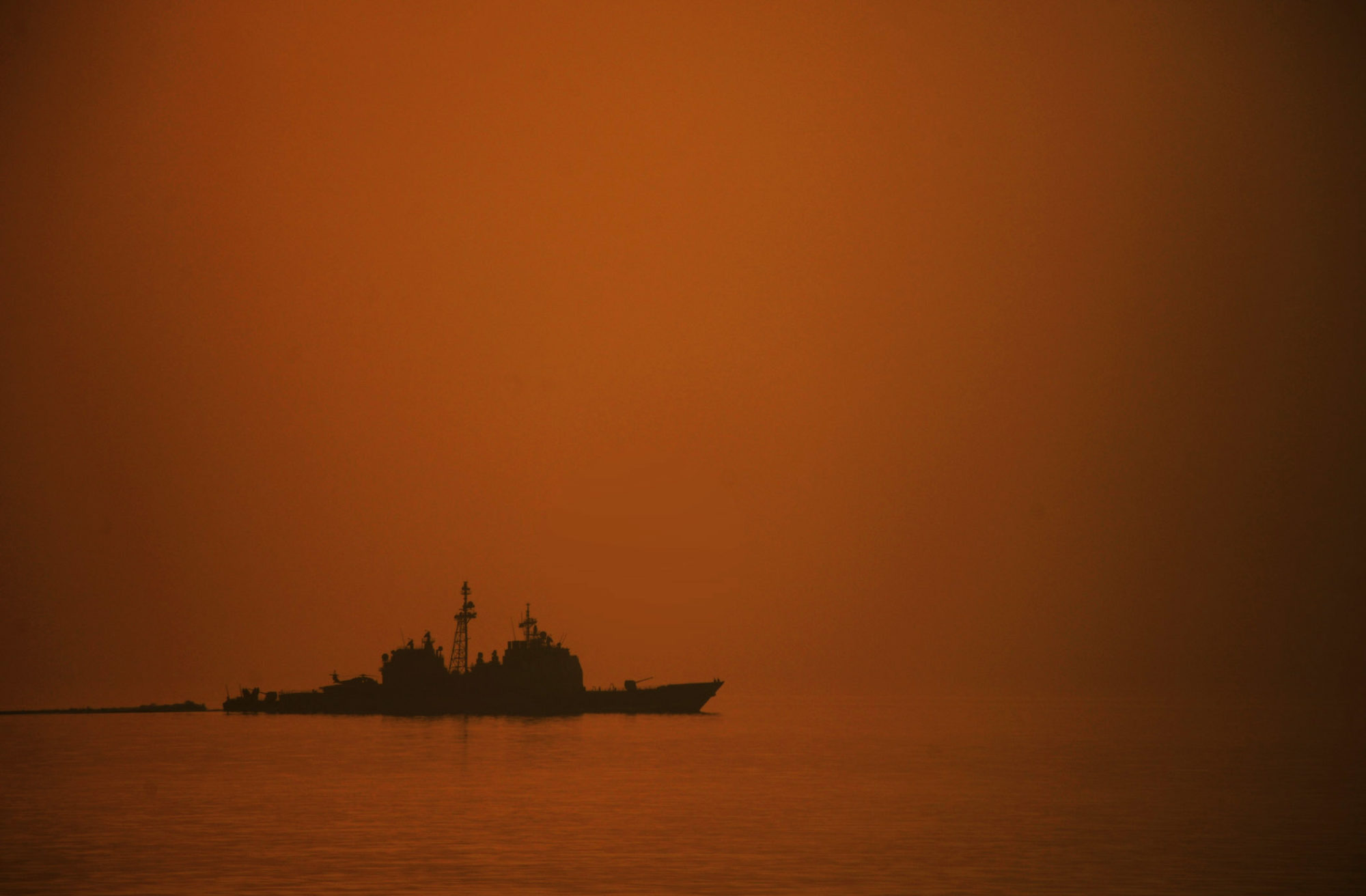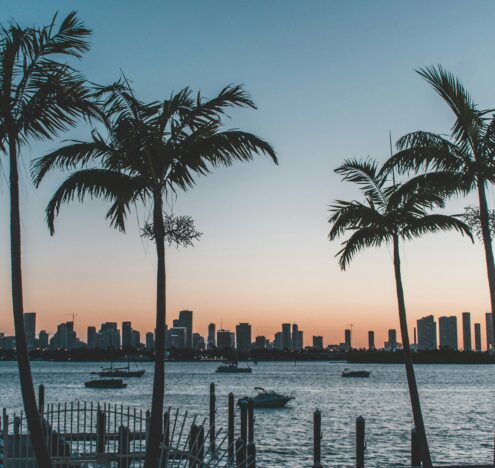If there’s one thing that Donald Trump is good at, it’s pointing out when other countries are free riding. These asides usually contain a grain of truth, but are met with abject horror by much of the foreign policy establishment. Point out that the US disproportionately funds NATO? Prepare to face a barrage of criticism. Suggest that rich nations like Japan or South Korea should relieve the US of some of the burden of their defense? You may need to provide smelling salts and a fainting couch.
The most recent example, however, is a bit different. As ongoing tensions with Iran continue – complete with sanctions, tanker bombings, the shootdown of an American drone, and ‘maximum pressure’ – the president this week took to Twitter to criticize countries like Japan and China whose oil supplies transit the Strait of Hormuz for their reliance on US military presence.
But unlike his criticisms of alliances, Trump is only partially correct here. Things have changed in global oil markets in recent years, but less – and in different ways – than many assume. And while US military presence in the Middle East was indeed once focused on protecting the free flow of oil, today that presence is much more about counterterrorism and support for regional states. Oil matters, but it’s not the biggest reason for America’s overextension in the region.
‘ENERGY DOMINANCE’
The 2017 National Security Strategy argues that America should ‘embrace energy dominance,’ taking on a key role in global energy markets. And certainly, it’s correct in noting that America’s position has changed dramatically in recent years. As recently as 2005, the United States imported 60% of its oil. By 2015 – thanks to growing domestic production – that had fallen to 25%. This year, we may top the rankings as the largest global producer of hydrocarbons, coming out ahead of even Russia and Saudi Arabia.
Oil matters, but it’s not the biggest reason for America’s overextension in the region.
Of course, it’s not quite as simple as that narrative implies. Oil is still priced globally. We might produce a lot of our own supplies here at home, but we’re still vulnerable to price fluctuations if there are supply disruptions elsewhere in the world. A war in Libya or a shipping stoppage in the Gulf can still damage the US economy.
Still, things are far better than they used to be. Oil markets are much more robust than they were during the oil crises of the 1970s, and research suggests that they recover quickly during crises. And with a substantial fraction of Middle Eastern oil now heading for China, Japan and other Asian countries, the United States is far less directly dependent on unstable and undemocratic states for oil than it was in the 1980s and 1990s. Today, supplies we don’t produce ourselves come predominantly from Mexico and Canada.
QUIS CUSTODIET IPSOS CUSTODES?
The bigger question raised by Trump’s tweets, however, is the role of US military presence in the region. His argument – that China and others are free-riding on America’s long-standing commitment to protect the free flow of oil from the Gulf – is broadly correct. Since the Carter Doctrine, the United States has indeed committed naval assets to protect shipping in the region, a commitment that has produced military action from the so-called Tanker War to the first Gulf War.
But the idea that energy is the primary reason for America’s military presence in the Middle East is dated. Today, the vast majority of forces in the region are there in support of counterterrorism missions (i.e., Syria), dealing with the aftermath of US interventions (i.e., Iraq, Libya, or Afghanistan), or providing support to regional allies (i.e., the campaign in Yemen).
Worse, the idea that a massive American military presence in the Gulf is the only thing standing between global oil markets and disaster is deeply misleading. For starters, we protected the free flow of oil during the Cold War with far fewer military assets in the region. For another, a number of today’s military missions actually conflict directly with the goal of ensuring regional stability and the free flow of oil.
Our choice to overthrow Muammar Gaddafi in Libya, for example, helped to create a civil war that regularly impacts Libyan oil production. Donald Trump’s decision to withdraw from the Iranian nuclear deal and re-impose sanctions on Iran has removed almost 1% of global oil supplies from the market. To be frank, if I were sitting in Beijing, I might conclude that my own energy security is hurt as much as it is helped by US military involvement in the Middle East.
PRESENCE OR PROTECTION?
As usual, Trump’s tweets on the energy security issue contained a grain of truth. But the question he’s posing – whether or not to continue protecting energy transit in the Gulf as Middle Eastern states increasingly ship their oil to China – is not the question we need to debate. It’s possible that America is indeed overcommitted to protecting regional oil supplies. Certainly, we’re overcommitted to the Middle East. But you shouldn’t believe the hype.
Unlike thirty years ago, energy security simply isn’t the driving force behind that regional military presence. At best, it’s an excuse for all kinds of unrelated military missions: counterterrorism, regional alliance support, or deterrence against countries like Iran. A debate about those missions – and whether they make America or global energy supplies more secure – is far more urgent and necessary than the question of free-riding energy importers.





















